Essential Tools for Appliance Repair
When it comes to essential appliance repair tools, having the right equipment can make all the difference in successfully troubleshooting and fixing common appliance issues. Whether you are a seasoned DIY enthusiast or just starting to delve into home repairs, understanding the tools required for appliance repair is crucial. Let’s explore the basic tools every homeowner needs and specialized tools for more advanced repairs.
Basic Tools Every Homeowner Needs
For everyday appliance maintenance and minor repairs, it’s essential to have a set of basic tools readily available in your toolbox. These tools can help you address simple issues without the need for professional assistance. Here are the must-have basic tools for appliance repair:
| Tool | Description |
|---|---|
| Screwdrivers | To remove screws on appliance panels for inspection and repair. |
| Putty Knife | Useful for prying open panels or scraping off old seals and adhesives. |
| Pliers | For gripping and manipulating small parts or wires during repair. |
| Multimeter | Essential for testing electrical circuits for continuity and voltage. |
| Wrench Set | To loosen or tighten bolts or nuts on appliance components. |
| Tape Measure | Helps with precise measurements for fitting replacement parts. |
| Flashlight | When working in dimly lit areas to inspect appliance interiors. |
| Assorted Screws and Nuts | To replace any damaged or missing fasteners during repairs. |
Having these basic tools on hand allows you to tackle minor appliance issues efficiently and effectively. If you need to purchase any of these tools, consider reliable sources like Burke America Parts Group, known for providing genuine appliance parts and equipment solutions.
Specialized Tools for Advanced Repairs
For more complicated appliance repairs or specialized tasks, having a set of advanced tools is essential. These tools can help you handle complex issues and perform repairs that require specific equipment. While basic tools are versatile, specialized tools cater to particular appliance models and repair scenarios. Here are some specialized tools needed for advanced appliance repairs:
- Resettable Fuse: For replacing blown fuses in appliances that experience electrical issues.
- Condenser Brushes: Used for cleaning dust and debris from condenser coils in refrigerators and air conditioners.
- Canned Air: Ideal for blowing out dust and debris from tight spaces in appliances.
- Calipers: Essential for precise measurements when replacing specific appliance parts.
These specialized tools are crucial for diagnosing and repairing intricate appliance problems that go beyond basic maintenance. Utilizing the right tools ensures that you can effectively troubleshoot issues and restore your appliances to optimal working condition.
When embarking on appliance repair projects, having both basic and specialized tools in your repair toolkit equips you to handle a wide range of maintenance tasks efficiently. For an extensive selection of appliance parts and repair resources, websites like Repair Clinic, PartSelect, and AppliancePartsPros.com offer a wealth of options and support for DIY enthusiasts.
Safety Measures and Precautions
When delving into essential appliance repair tools, it’s paramount to prioritize safety measures and precautions to ensure a secure environment for your repair tasks. Two crucial aspects to focus on are the importance of safety gear and creating a safe workspace.
Importance of Safety Gear
Prior to initiating any repair work on your appliances, equipping yourself with the proper safety gear is essential. According to safety experts at Sears Home Services, wearing the appropriate protective gear significantly reduces the risk of injuries during DIY repairs.
Protective equipment such as work gloves, ear protection, and ensuring that long hair is tied back out of the face are essential components of your repair toolkit. Additionally, it is advised to avoid wearing jewelry or loose clothing that could potentially get caught on equipment or sharp edges, posing a safety hazard. Ground wires, usually colored green, play a critical role in preventing electrical shocks; it is imperative to ensure these are connected correctly when reassembling the appliance (Sears Home Services).
Creating a Safe Workspace
Apart from donning the necessary safety gear, creating a safe and organized workspace is fundamental to mitigate any potential risks during appliance repairs. As outlined by safety guidelines from Fix.com, maintaining a safe distance when working with electrical equipment is crucial. Establishing clear boundaries for customers during the repair process not only enhances safety but also ensures a smoother diagnostic and repair experience.
Moreover, technicians, whether professional or DIYers, should diligently care for their tools and safety equipment. Regular maintenance and prompt reporting of any equipment concerns are imperative to prevent working with defective tools and reduce potential risks in the workspace (Fix.com). By adhering to these safety guidelines and precautions, you not only safeguard yourself but also ensure the efficiency and success of your appliance repair endeavors.

